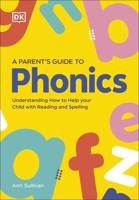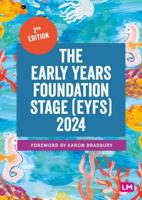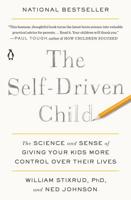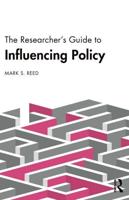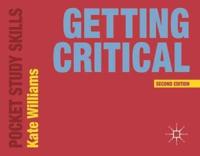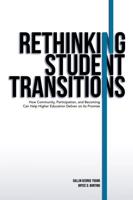Publisher's Synopsis
Education is one of the major life-processes of human beings. Just as there are certain indispensable vital processes of life in the biological sense, so also education may be considered a vital process in a social sense. Education is indispensable to normal living. Without education, the individual would be unqualified for meaningful existence. Education is essential for everyone. It is the level of education that helps people earn respect and recognition. It is a vital part of life both personally and socially. Education is fundamental for achieving full human potential, developing an equitable and just society, and promoting national development. Providing universal access to quality education is the key to Indias continued ascent, and leadership on the global stage in terms of economic growth, social justice and equality, and national integration. Teachers are an extremely important aspect of any society for a number of reasons. Teachers educate the youth of society who, in turn, become the leaders of the next generation of people. Teachers, through teaching, mould the minds of children and young people in their most impressionable years of life. Things which students learn from their teachers are most likely to stay with them, in one form or the other, for the rest of their lives. National Education Policy (NEP), 2020 is the first education policy of the 21st century and aims to address the many growing developmental imperatives of India. NEP, 2020 lays particular emphasis on the development of the creative potential of each individual. It is based on the principle that education must develop not only cognitive capacities but also social, ethical, and emotional capacities and dispositions. This book explains and examines various aspects of education system at different levels with special reference to India. It particularly focuses on the role and attitude of teachers in imparting economically and socially relevant education. A case study in this regard also forms part of the book.


